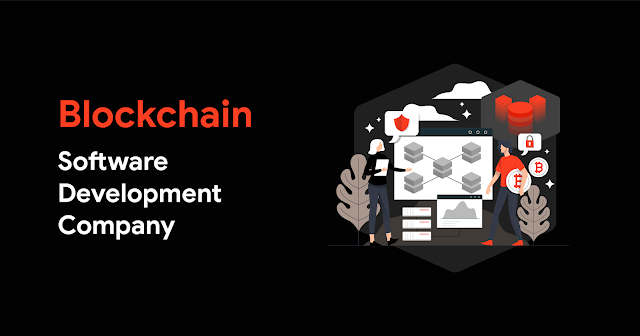Blockchain in Healthcare - A Dynamic Duo
The Distributed Ledger
Technology Blockchain has disrupted the financial industry in many ways. And
now ‘blockchain in healthcare 2020’ is what many companies are trying to
implement to test the full potential of the tech. The medical industry, and in
particular the pharmaceuticals, could employ the blockchain technology to
facilitate efficiencies, enhance privacy & confidentiality, increase
patients’ safety, and render a higher level of clinical care.
Applications
for Healthcare and Pharmacy
There exist a lot of
use cases that explain how blockchain could benefit the healthcare sector on
the whole. Blockchain is potent enough to simplify, speed, and lower the cost
of transactions. But it lies in the hands of the stakeholders to participate,
agree, cooperate, coordinate, execute, and approve across the healthcare
industry.
Problems
in Healthcare Industry and their Solutions
Problem
Electronic Healthcare
Records or EHRs are created for the same patient across different practitioners
and platforms. This leads to
- challenges
around the completeness of the record,
- the
accuracy and timeliness of personal info & healthcare history, and
- the security expenses associated with shielding the information.
Solution
Blockchain would
potentially be able to store the complete history of each patient. Any updates
or modifications made by the doctors or the patient will be recorded securely
in one place. Given full access, the patient can also track the changes made by
each user. The records include data from patient engagement apps and devices
that may be used to monitor the patient’s health.
Problem
Additional detail
should be included in healthcare payment preauthorization, and in the current
system, this detail will not be included with the original request. The
follow-up that claims for missing information for preauthorization is usually
costly, requires more time & labor, and also the payments process slowly.
Solution
The blockchain
technology could simplify the process since the collection of information &
sharing the same is automated and timely.
Problem
The healthcare supply
chain infrastructure is disintegrated. With the current tracking system, the
pharma operators try their maximum to maintain product integrity, product
verification, and notification of respective stakeholders. But this technique
is of high cost and increases the overall healthcare spend.
Solution
- Blockchain
is more powerful, and it can improve the overall operational efficiency
and lower costs. It can also promote greater integration, transparency,
and traceability.
- Blockchain can monitor the active ingredients from the source of raw materials, as it is introduced through the manufacturing process of a product.
Problem
Prescription
abandonment is a global issue with a massive loss of approximately $300 billion
a year. Medication non-adherence and prescription abandonment lead to 125,000
deaths annually.
Solution
- In
a blockchain network, the patient owns the greater responsibility of
owning his/her healthcare data. Blockchain can benefit the patient
- by promoting more significant insights,
- by providing a suitable tracking mechanism,
- by offering a timely follow-up on patient behavior
relating to medication compliance and adherence.


Thank you for sharing an informative post! To know more visit blockchain development
ReplyDelete